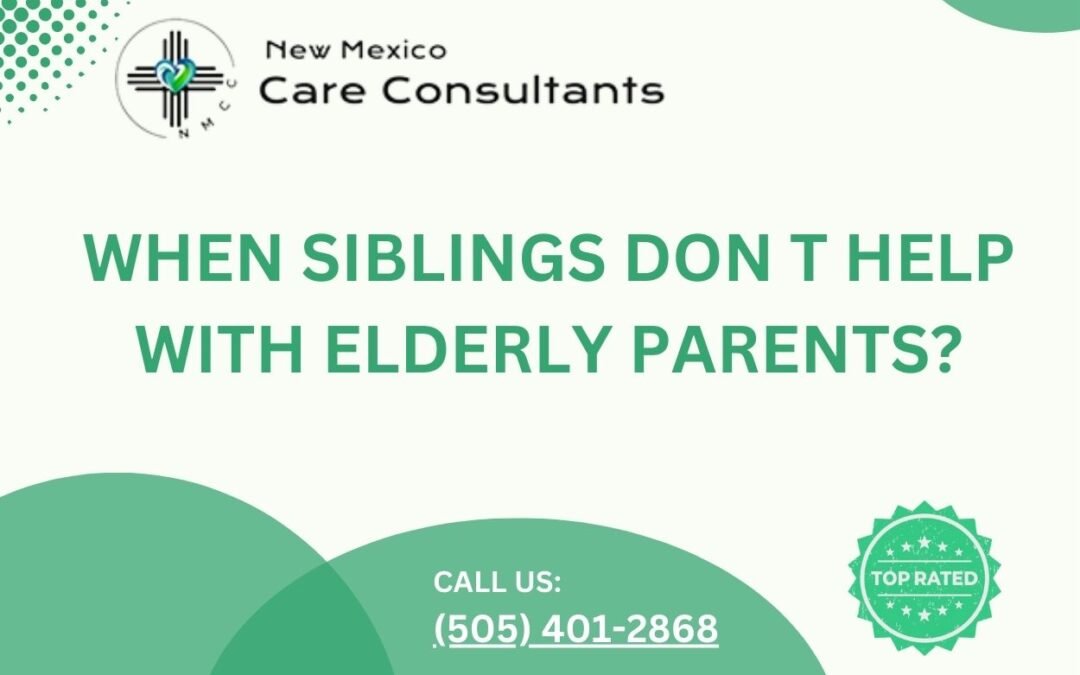As the winds of time carry us through the years, the responsibilities that come with aging parents often fall on the shoulders of adult children. In an ideal world, the journey of caring for elderly parents is a shared one, with siblings banding together to provide love and support. However, the reality is not always as picturesque. What happens when siblings don’t help with elderly parents, and how can one navigate the challenging waters of elder care, especially in a community like Albuquerque, where access to elder care resources is crucial?
The absence of sibling support can cast a shadow on the caregiving journey, leaving one feeling adrift in uncharted waters. The first challenge often lies in understanding why siblings might be disengaged. Life’s demands, geographic distances, and personal circumstances can create barriers, making it difficult for siblings to contribute equally to the care of aging parents.
In Albuquerque, a city where familial bonds run deep, the need for a collaborative approach to elder care becomes even more pronounced. It’s essential to be aware of the available elder care resources to bridge the gaps in support. Organizations like Elder Care Resources in Albuquerque offer a spectrum of services, from respite care to support groups, providing a lifeline for those navigating the challenges of caregiving without consistent sibling assistance.
Communication becomes the linchpin in addressing the issue when siblings don’t contribute to elderly care. Instead of harboring resentment or frustration, initiate an open dialogue with your siblings. Share your feelings, concerns, and the specific challenges you are facing. It’s possible that they may be unaware of the extent of the responsibilities or the impact their involvement could have.
Avoid assigning blame or making accusations. Instead, frame the conversation around a shared commitment to the well-being of your aging parents. Express the need for a collaborative effort and explore ways in which each sibling can contribute based on their abilities and resources. Sometimes, a gentle nudge can transform disengagement into meaningful participation.
When siblings don’t contribute to the caregiving responsibilities, it’s important to assess your own well-being. Caregiver burnout is a real and prevalent risk. Seek support from friends, extended family, or local support groups. In Albuquerque, where a sense of community is integral, there are often networks and resources available to caregivers facing these challenges. Take advantage of these resources to ensure your own well-being while navigating the complexities of elder care.
Consider enlisting the help of professional caregivers or services provided by elder care organizations in Albuquerque. This can alleviate some of the burden and ensure that your aging parents receive the care and attention they deserve. Exploring options like respite care can offer temporary relief, allowing you to recharge and continue providing the best possible care.
In conclusion, the challenges of caring for elderly parents when siblings don’t help are undoubtedly formidable. However, by approaching the situation with empathy, open communication, and a proactive mindset, you can navigate these uncharted waters. In Albuquerque, where the community values familial bonds and offers a range of elder care resources, the journey becomes more manageable. Remember that seeking support is not a sign of weakness but a testament to your commitment to providing the best possible care for your aging parents in the midst of familial challenges.

